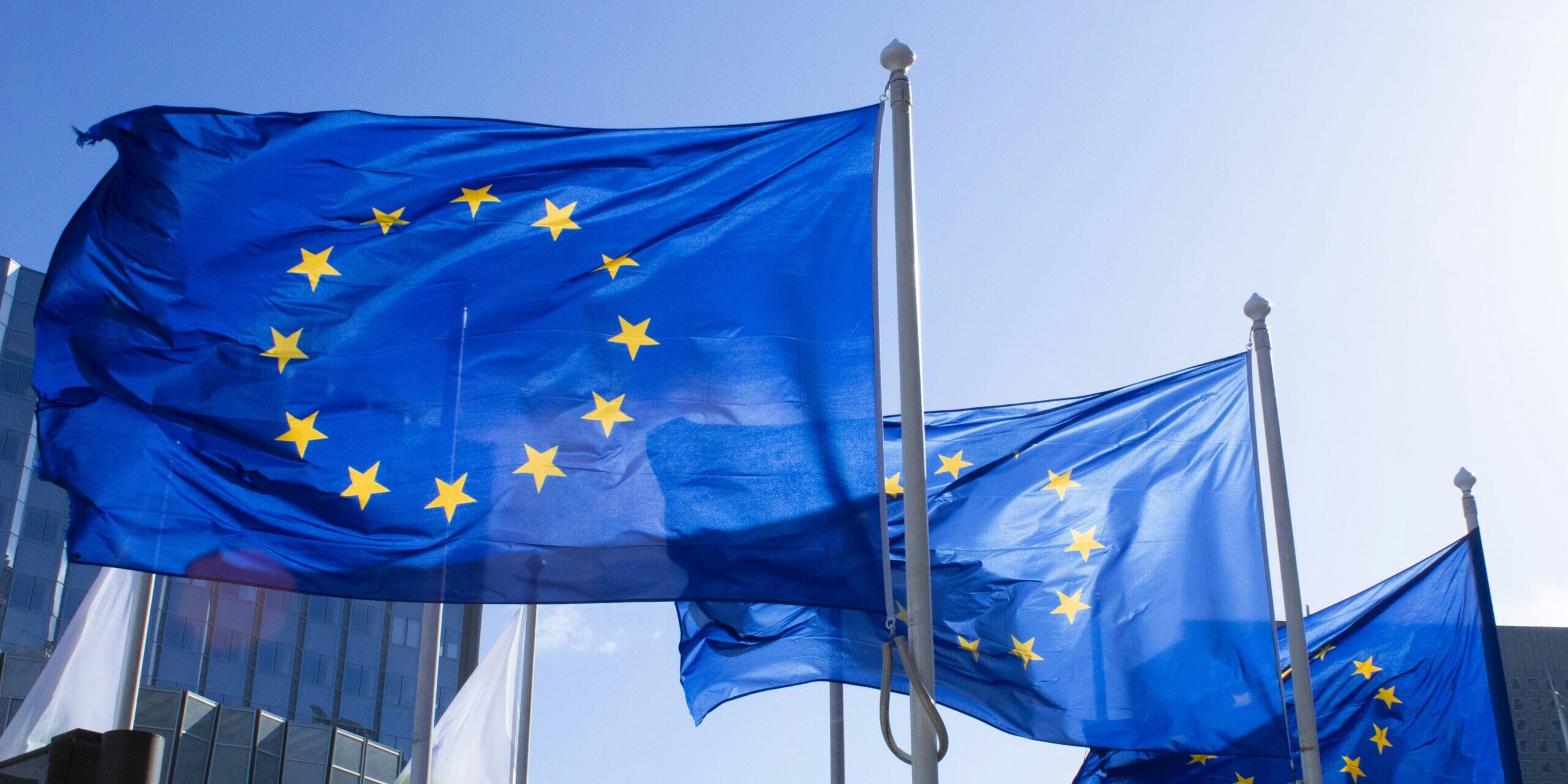In a significant development, European Union (EU) member countries and lawmakers have reached an agreement on rules aimed at enhancing their ability to manage supply chain crises. These rules require companies based in Europe to prioritize the production of key products to prevent disruptions akin to those seen during the COVID-19 pandemic and Russia’s Ukraine invasion.
This initiative, known as the Single Market Emergency Instrument, was proposed by the European Commission, following the footsteps of the United States and Japan in bolstering their supply chain resilience. The urgency for such measures was further underscored by the disputes with AstraZeneca in 2021, which resulted in delays in delivering COVID-19 vaccine doses to the 27-country European Union.
The political agreement reached on Thursday did involve some compromises, as businesses expressed concerns about potential implications on their contractual obligations and corporate secrets. Nonetheless, it does grant the European Commission new powers and strengthens the role of EU countries.
Under the new rules, the Commission can issue priority-rated requests to procure critical goods or services from companies. These companies have the option to either accept or decline such requests. In an effort to incentivize compliance, the Commission can offer liability waivers to companies prioritizing its orders, even if it means deviating from their existing contractual commitments.
Moreover, the rules enable EU countries to collaborate in the joint procurement of crisis-relevant or critical goods and services. The Commission can also request data from companies regarding stock levels of specific products, although companies can refuse, provided they provide a valid explanation.
Lawmaker Andreas Schwab, who led negotiations for the European Parliament, expressed, “Today, we have made the internal market better equipped to face future crises.”
The new legislation establishes a three-tier alert system, activating vigilance or emergency modes when threats arise, prompting governments to coordinate their responses effectively. These measures are expected to enhance the EU’s preparedness to address supply chain disruptions in the future.







